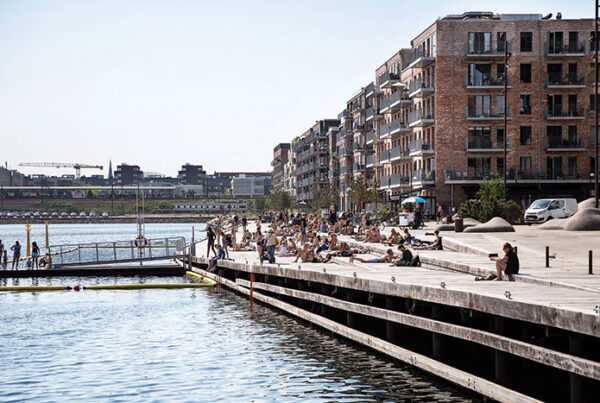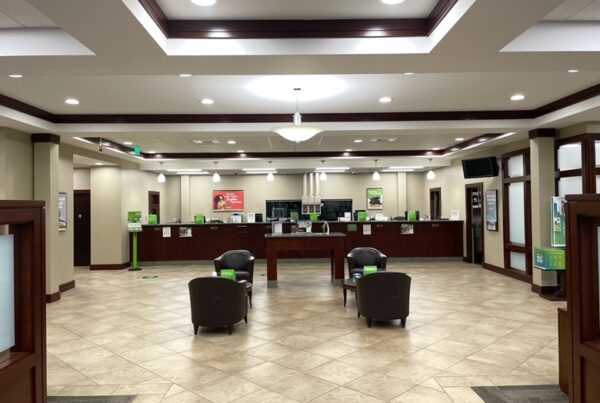Real estate leaders have an important opportunity to translate their personal values and commitment to racial and social equity into their professional practice, according to panelists on the “Beyond the Building: Real Estate Strategies for the Social Equity Imperative” concurrent session at ULI’s Fall Meeting in Chicago.
Juanita Hardy, a managing principal of Tiger Management Consulting Group, who served as the moderator, said that real estate companies need to be asking, “How do we do this in a way that not only creates great buildings, but great communities?”
Panelist Melanie Brown, president and CEO of Restoration 52, a South Carolina–based development firm, said that access to health care can be expanded by integrating it into affordable or workforce housing development. Co-locating clinics in existing community organizations such as YMCAs in underserved areas is another strategy, she said.
Panelist Lynn Jerath, president of Citrine Investment Group, said that it is crucial to design buildings to fit into the context of the communities that surround them, and to make an effort to address their needs. Instead of commissioning decorative art from established outside artists, for example, it is better to engage young local artists and display their work. She also urged the repurposing of underused common spaces for neighborhood performing arts use. “Connect to people locally, and give them a chance to shine,” she said.
Panelist Feliciano Vera, president of CPLC, a nonprofit community development organization, recalled growing up as a latchkey kid in Phoenix and relying upon public transportation to get to activities. He called for more equitable public infrastructure investment in cities, saying that it is necessary to ensure that private capital flows into the places where it is needed as well.
Panelist Sam Ruben, cofounder and child sustainability officer of construction tech firm Mighty Buildings, said that real estate companies can provide employment opportunities as well. His firm is working to establish a jobs pipeline for formerly incarcerated workers.
At the same time, real estate professionals need to work to build their own awareness of social equity and racial justice issues, according to panelist Anne Torney, a partner in architecture firm Mithun. “It’s not enough to be not racist,” she said. “It doesn’t require malice or bad intentions to perpetuate unfair and discriminatory systems.”
ULI Global Governing Trustee and panelist A.J. Jackson, executive vice president for social impact investing at JBG Smith, mentioned the importance of a set of 10 core principles embedding social and racial equity in real estate development, which ULI has been developing as part of its Social Equity Resource Hub. A report on the principles will be available in spring 2022.


